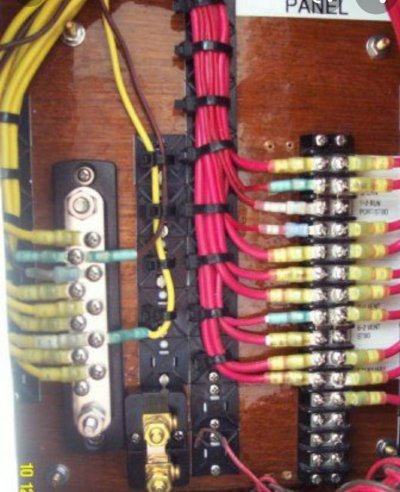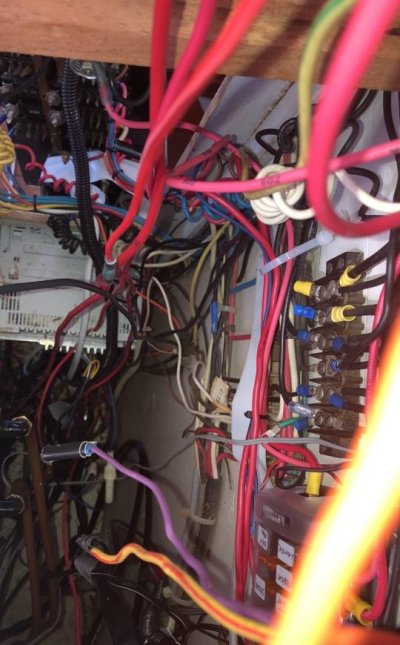backinblue
Guru
- Joined
- Jan 29, 2019
- Messages
- 3,938
- Location
- USA
- Vessel Name
- Blue Moon
- Vessel Make
- Mainship Pilot 355
You are in a dream situation. I also know a couple of yards where the work is reliably good and reasonably priced. They are a rarity. If you happen to keep your boat at one, so much the better. Finding the right yard seems to be a matter of trial and error, paid for with high bills for botched jobs. If you are cruising, finding one is but a temporary win. I found two on the east coast, but moved on from each.
Since I don't leave my home port for more than a couple weeks at a time, I am happy with the yard I use for winter storage and maintenance. They have been around as long as I have, maybe longer. I bought a new sailboat from them many years ago. Back then I couldn't afford maintenance and even cut holes in my new boat myself to install instruments and transducers. I may summer with them eventually but at a yacht club currently. I pay them to do some things each season because I trust they are honest and do good work and I don't mind supporting a small business like that when it saves me time and trouble.




